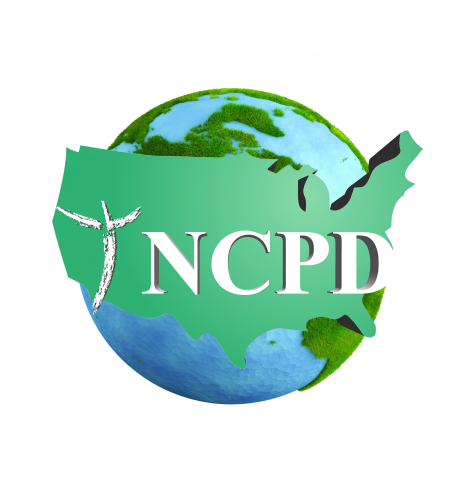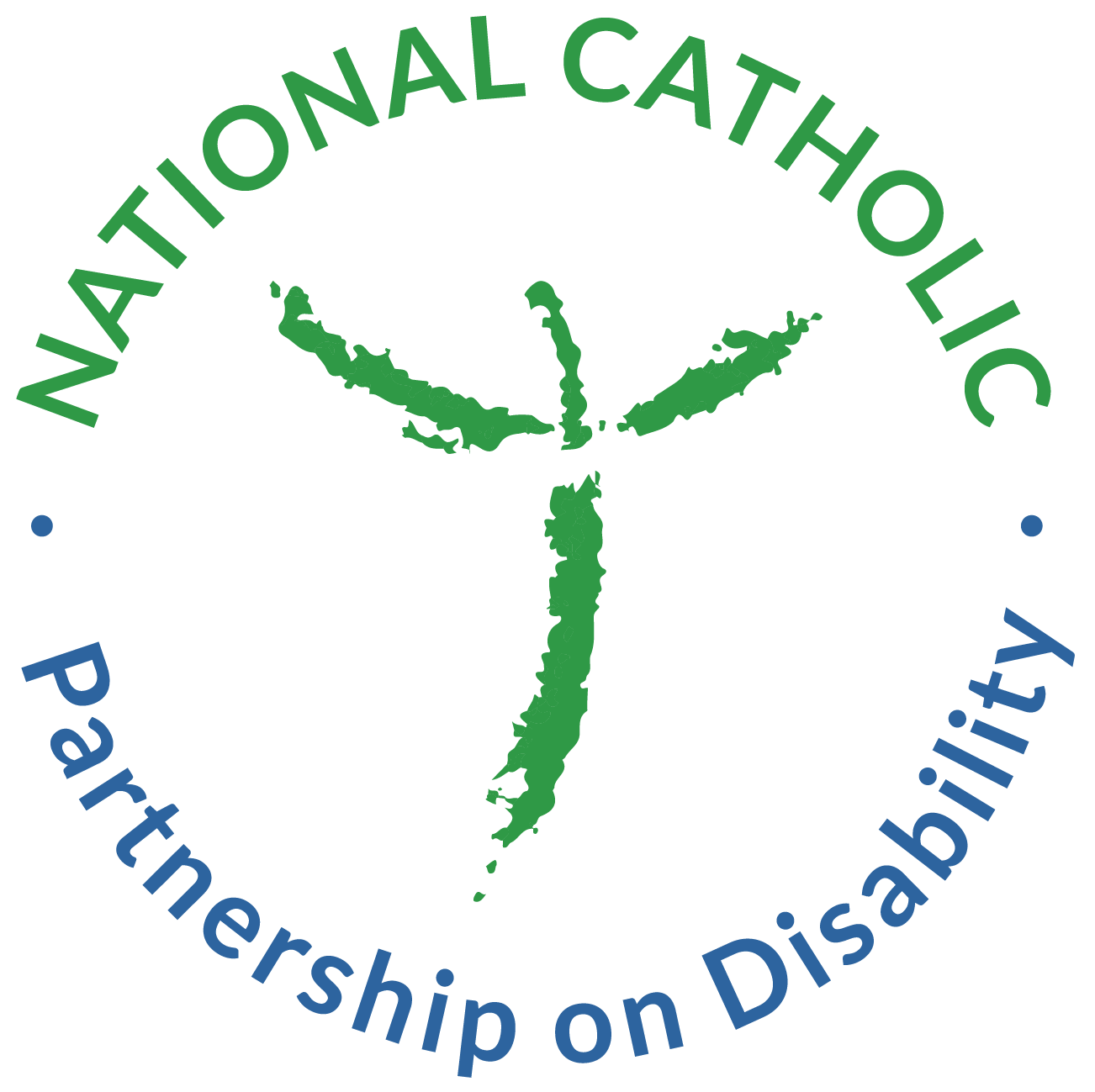
May 26, 2009
Raynard Kingston
Acting Director
National
MSC 7997
9000 Rockville Pike
RE: Draft NIH Guidelines for Human Stem Cell Research, 74 F.R.
18578 (April 29, 2009)
I serve as chair of the National Catholic Partnership on Disability. NCPD was established by the U.S. Catholic Bishops in 1982 to implement their Pastoral Statement on People with Disabilities. A central aim of NCPD's mission is "to increase the public's sensitivity toward the needs of ... [disabled] people ... and support their rightful demand for justice."
On behalf of NCPD and the 14 million disabled Catholics it represents, I urge you not to promulgate the draft NIH guidelines on human stem cell research. Rather than aiding disabled people, the guidelines will ultimately compromise their lives by advancing the proposition that human beings with disabling conditions are expendable.
The guidelines authorize NIH funded research on stem cells derived from human embryos. As an organism with both a human chromosomal structure and a principle of internal development distinct from its parents, human embryos are human beings from the moment of fertilization. The fact that many embryos never come to term says nothing about their nature but rather about their fragility and is a cause for efforts to further their lives, not an excuse to end them.
To derive stem cells for research, the subject embryos must be destroyed. In other words, human beings are killed in order to further research aimed at benefiting others. Yet, reducing humans to the status of mere instruments for the welfare of others is what, from ancient times,[1] we have given the name of "slavery."
The main purpose offered for these killings is that the stem cells extracted have the potential for curing disabling conditions and disease. Yet, "[t]here is not one documented successful treatment in humans of a pathology using embryonic stem cells, even though this research has been conducted for decades."[2] But the fact that such killings are gratuitous, since "[r]ecent advances have obviated the need for destroying human embryos in order to obtain pluripotent stem cells[,]"[3]is most telling of all as it exposes the underlying assumption that such embryos are simply expendable.
That the guidelines limit funding to research on stem cells already extracted will not relieve NIH of responsibility for the destruction of embryos that such research requires. NIH would have no reason to issue the guidelines if it did not anticipate embryos destroyed in large numbers to furnish stem cells for research. By encouraging such research through making its funds available, NIH shares responsibility for promoting the destruction of the embryos that make such research possible.
Of particular concern is that the guidelines offer an incentive for destroying embryos with genetic anomalies. Many in vitro fertilization clinics practice pre-implantation genetic testing which now can screen for up to 120 different disorders. Under the guidelines, clinicians can continue counseling parents against implanting embryos with detected anomalies as poor candidates for "reproductive purposes." Between the remaining alternatives-- discarding such embryos, freezing them indefinitely with its diminishing prospects for revival, or donating them for stem cell research, the choice for most will undoubtedly be what the guidelines expect.
The rationale offered for destroying such embryos is that research on the extracted stem cells may suggest strategies for treating disorders resulting from abnormal cell development, ironically sacrificing some with disabilities in order to treat the disabling conditions of others. In choosing donation, parents will doubtless be seeking to salvage some good from the regrettable circumstance of their offsprings' genetic conditions. Yet, that decision inescapably views the lives they agree to destroy as better off dead, an outlook the guidelines endorse by offering funds for research that requires such deaths. Replying that most parents would choose to discard these embryos anyway ignores the impact government sanction of such killings will have on social attitudes toward the worth of disabled life generally.
It is a monstrous thing for government to back research which fosters the belief that any class of human beings, and particularly those as defenseless as embryos with genetic conditions, are of value only when dead. On behalf of NCPD and the disabled Catholics it represents, I therefore urge NIH not to promulgate these guidelines.
Respectfully submitted,

Stephen L. Mikochik, J.D.
Professor of Law, Temple University
Chairman of the Board
National Catholic Partnership on Disability
415 Michigan Avenue, Suite 95
Washington, DC 20017
[1] See, e.g., Aristotle, Politics, 1254a15-1254a17.
[2] Letter of John Haas, President,
[3] Ibid.

